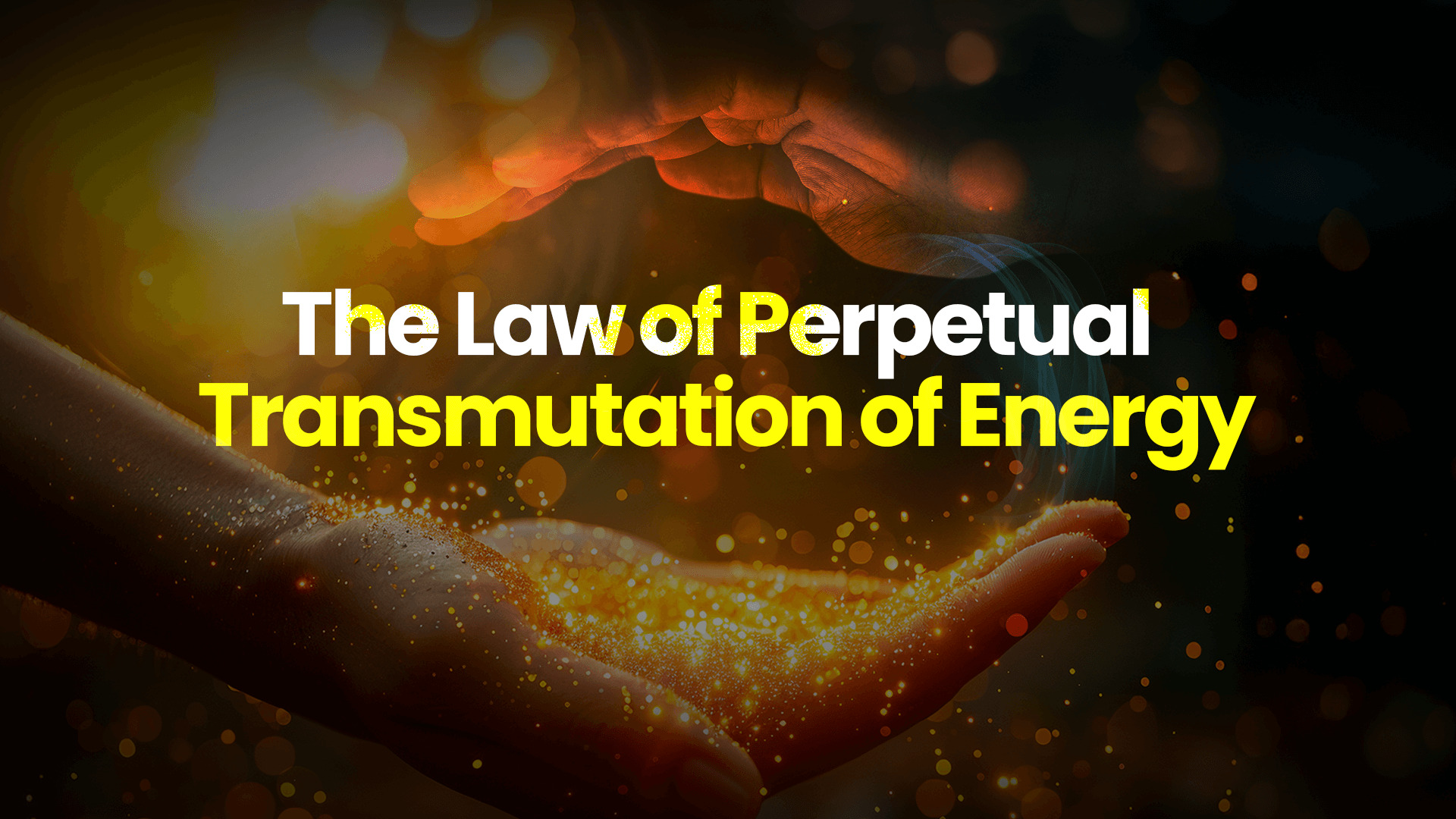Are you feeling stuck in a job that no longer inspires you to get out of bed in the morning? Are you struggling to maintain healthy relationships with friends and family? Do you feel like you’re not living up to your full potential? If you answered yes to any of the questions, you are not alone. Many people face such challenges at some point in their lives.
The good news is that there is help available in the form of life coaching and mindset coaching. But how do you know which one is right for you? Let’s take a closer look at the differences between these two coaching modalities.
Life Coaching: An All-Round Approach to Transformation
Life coaching is an effective approach that involves collaboration and empowers individuals to set achievable goals, overcome obstacles, and attain higher levels of fulfillment across various life domains.
A life coach plays a crucial role in providing guidance and support to clients by helping them gain clarity, develop effective strategies, and acquire the necessary skills to successfully navigate their desired path. With the help of a life coach, individuals can unlock their potential, enhance their performance, and lead a more satisfying life.
Life coaches employ a diverse toolbox of modalities to address a wide range of client needs. Here are some commonly used modalities in life coaching:
-
Goal Setting and Planning
-
Neuro-Linguistic Programming (NLP)
-
Life Coaching Models
-
Motivational Interviewing
-
Positive Psychology
-
Chakra Balancing
-
Energy Detoxification
SMART goal frameworks, vision boards, and accountability measures all contribute to establishing a clear roadmap for success.
NLP techniques help clients identify and reframe limiting beliefs, improve communication skills, and achieve desired outcomes.
The GROW model (Goal, Reality, Options, and Will) and the Wheel of Life framework provide structured approaches for self-assessment and goal setting.
This technique facilitates intrinsic motivation by helping clients explore their desires and overcome resistance to change.
Life coaches may incorporate strategies like gratitude journaling and positive affirmations to cultivate optimism and well-being.
This concept, while not strictly scientific, is used to help clients address energy blockages that might be affecting their well-being.
Similar to Chakra Balancing, this practice aims to release negative energy that might be hindering progress.
5 Impactful Benefits of Life Coaching
1. Enhanced Self-Awareness
Life coaching cultivates a deeper understanding of one’s values, strengths, weaknesses, and motivations
2. Improved Goal Achievement
With a clear roadmap, personalized strategies, and ongoing support, clients are more likely to achieve their desired outcomes.
3. Increased Confidence and Self-Esteem
Life coaching empowers individuals to overcome challenges, develop new skills, and build a strong sense of self-belief.
4. Improved Work-Life Balance
Life coaches can help clients establish boundaries, prioritize tasks, and manage stress, leading to a more balanced lifestyle.
5. Strengthened Relationships
Life coaching equips individuals with better communication skills, empathy, and conflict-resolution strategies, leading to healthier and more fulfilling relationships.
Mindset Coaching: Cultivating a Growth Mindset for Peak Performance
Mindset coaching is a specialized type of coaching that concentrates on an individual’s cognitive patterns and belief systems. The goal of mindset coaching is to assist clients in cultivating a growth mindset, which emphasizes the capacity to learn and grow from challenges. Mindset coaching differs from life coaching in that it exclusively focuses on the cognitive aspects that affect performance and accomplishment.
Core Modalities in Mindset Coaching
-
Meditation/Mindfulness
-
Self-Talk Techniques
-
Visualization
-
Growth Mindset Exercises
This practice helps clients focus on the present moment, become aware of their thoughts and feelings, and manage stress.
Mindset coaches teach clients strategies to cultivate positive self-talk and silence negative inner critics.
Visualization exercises help clients develop a clear mental image of their desired outcomes, boosting motivation and goal achievement.
Mindset coaches may use journaling prompts, thought experiments, and exposure exercises to cultivate a growth mindset.
5 Impactful Benefits of Mindset Coaching
1. Increased Resilience
A growth mindset promotes the ability to overcome obstacles and setbacks with greater resilience. Clients learn to view challenges as opportunities for learning and growth.
2. Improved Performance
A positive and growth-oriented mindset can lead to enhanced performance in various aspects of life, including academics, athletics, and professional pursuits.
3. Reduced Stress and Anxiety
By reframing negative thoughts and developing coping mechanisms, mindset coaching can help clients manage stress and anxiety more effectively.
4. Enhanced Motivation
A growth mindset facilitates a sense of self-efficacy and fuels motivation to pursue goals with persistence and perseverance.
5. Greater Self-Belief
Mindset coaching empowers individuals to believe in their capabilities and potential for success, even in the face of setbacks.
Choosing the Right Coach for You
Understanding the key distinctions between life coaching and mindset coaching is crucial for selecting the approach that best aligns with your goals. Here’s a breakdown to aid your decision:
-
Life Coaching
-
Mindset Coaching
If you seek a comprehensive approach to goal setting, overcoming challenges, and achieving greater life balance across various domains (career, relationships, personal growth), a life coach may be a good fit.
If you want to focus on developing a growth mindset, building resilience, and overcoming negative thought patterns that hinder your performance or well-being, a mindset coach may be a better choice.
However, it’s important to remember that these categories are not mutually exclusive. Many coaches possess skills and experience in both life coaching and mindset coaching, offering a more integrated approach.
How to Find a Qualified Coach
- Experience
- Client Testimonials and Reviews
- Schedule an Initial Consultation
Look for coaches who have relevant experience in their area of expertise. Check their portfolios, client reviews, and testimonials to get an idea of their level of expertise and success rates.
Read past clients’ experiences to gain insights into the coach’s approach and effectiveness.
This initial conversation allows you to discuss your goals, ask questions, and assess whether the coach is a good fit for your personality and needs.
The Road to Self-Improvement
As you venture on the journey of self-discovery, let the words of Rumi guide you: ” What you seek is seeking you. ” Remember, you are not alone in this pursuit of personal growth and development. By investing in yourself through coaching, you are taking the first step towards unlocking your full potential, achieving your goals, and living a more fulfilling life.
Reach Dr. Chandni’s support team at +918800006786 and book an appointment.










